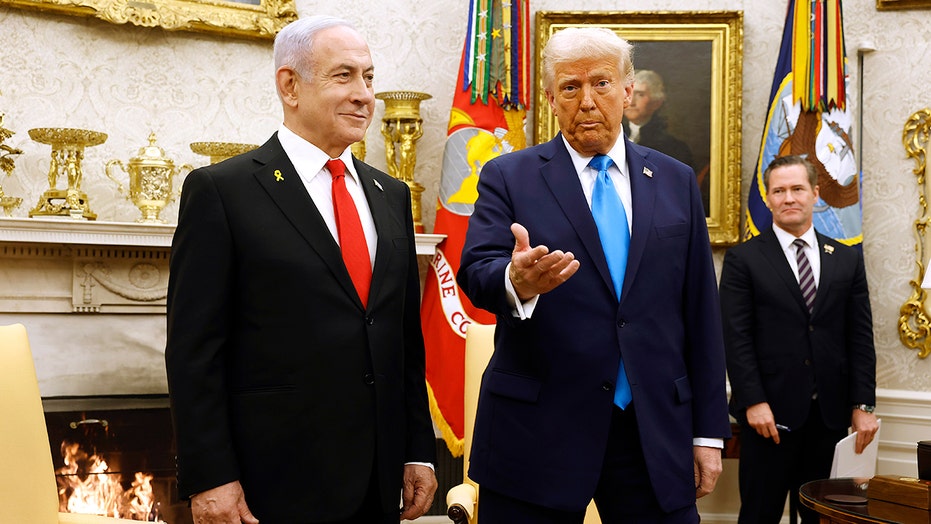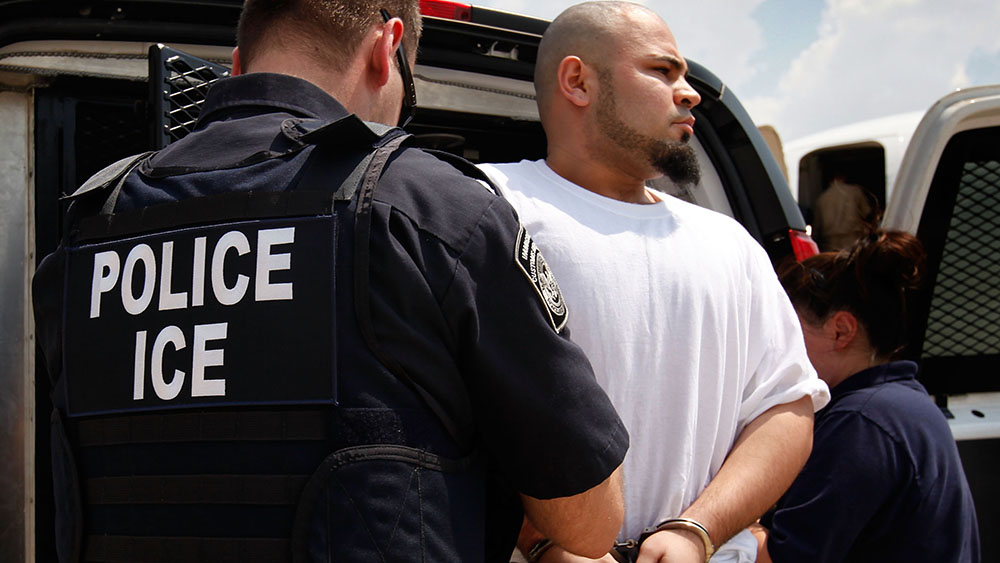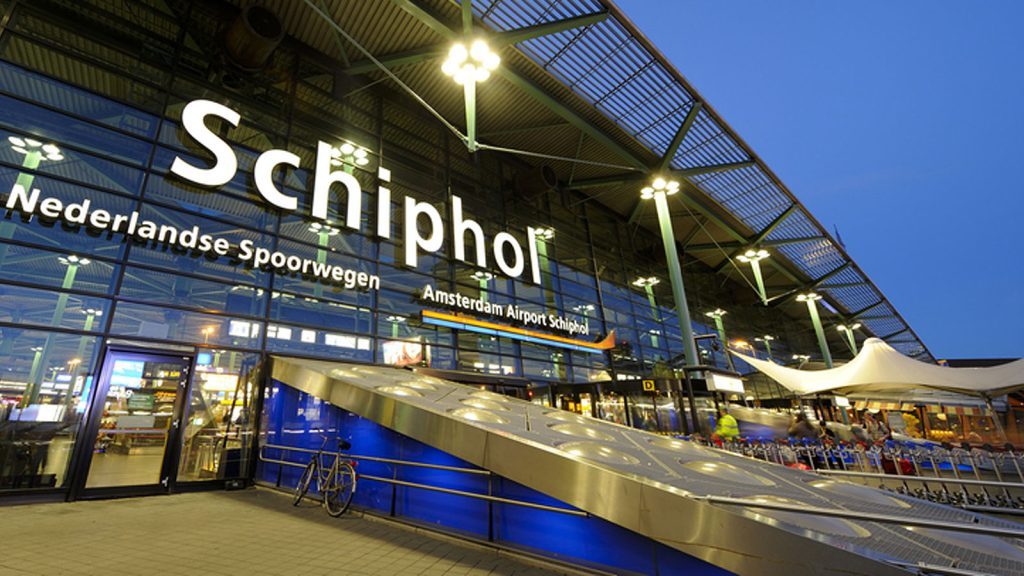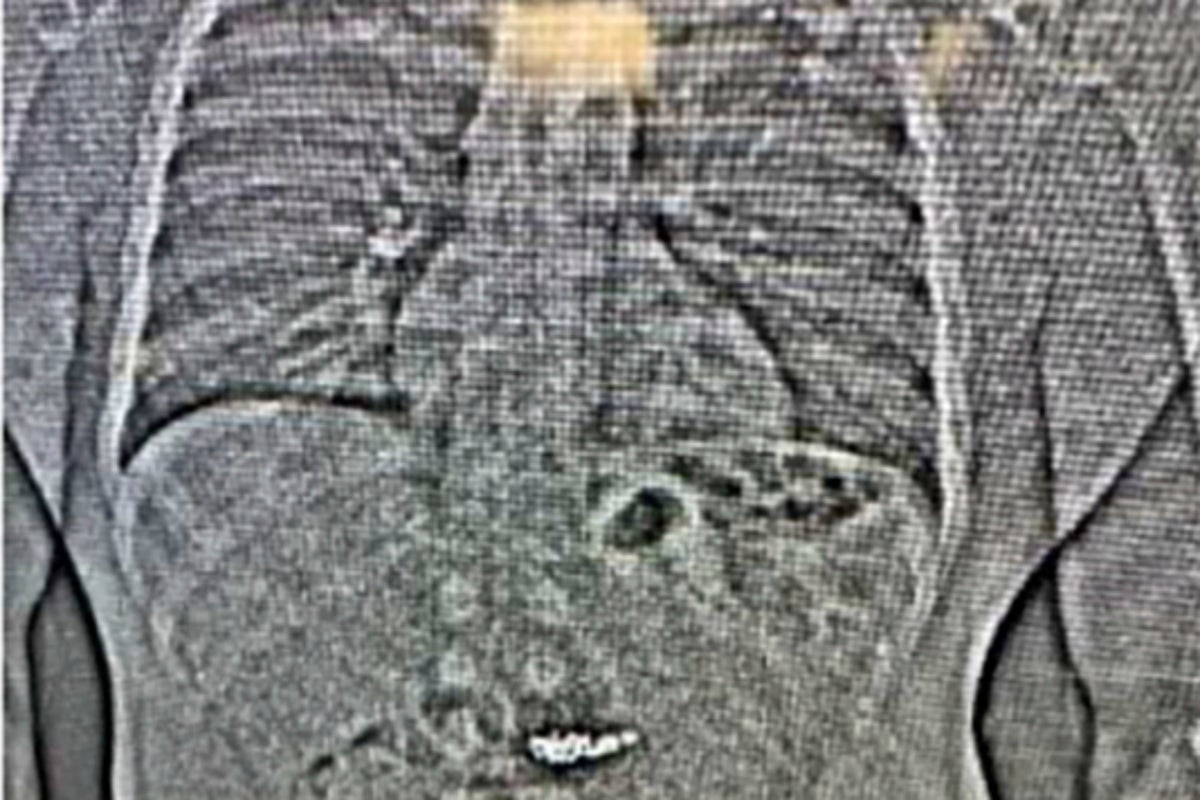Trump sets a new record for strategic partnerships with Latin America
President Trump's administration is strengthening U.S. presence and partnerships in Latin America, with Secretary of State Marco Rubio, Secretary of Homeland Security Kristi Noem, and other officials visiting key countries to discuss security, stability, and prosperity.

For all the talk of President Trump turning America inward, this is certainly not true when it comes to Latin America. U.S. presence and partnerships to the south are being strengthened by visits from top ranking officials from the State Department, Homeland Security, the Department of Agriculture, the Southern Command, among others.
For the first time in history, a U.S. Secretary of State began his term with a tour across Latin America, not Europe or Asia but the region known as the U.S. backyard. Secretary of State Marco Rubio visited Panama, but it was not the classic protocol visit. Rather, it brought very tangible and timely results beyond expectations. The Central American nation decided to end the Belt and Road Initiative with China.
This is the first time in history, but definitely not the last, that a country stepped out from the powerful commercial and political alliance with China — a milestone overshadowed by the political agenda of the deep state and the mass media.
After Rubio’s visit to Panama, a key event took place. For two decades, CK Hutchinson, a Hong Kong-based company, had control over Panama's Balboa and San Cristobal ports. But those days are over. The American company BlackRock struck a deal to buy 90 percent of Panama Ports Company, which runs the two facilities on the Pacific and the Atlantic Oceans. BlackRock is also acquiring 80 percent ownership of 43 ports operated by Hutchinson in 23 countries. These ports are strategic for trade and security and now an American Company is taking leadership over them.
During Rubio’s visit to El Salvador, the Central American country offered to receive and reimprison criminals from MS13, Tren de Aragua, Mexican cartels and convicts from other nationalities. Salvadoran President Nayib Bukele promised to be a key partner on security, migration and fight against drug trafficking. The U.S. has also announced that it will support cooperation on nuclear energy in El Salvador to ensure an abundance of cheaper and cleaner electricity generation.
This week, during a visit to the Caribbean, Rubio put three key topics on the agenda: security, stability and prosperity. The U.S. also expressed its concerns over the extortive cooperation model promoted by Petrocaribe, an oil alliance led by Venezuela’s dictatorship, and the human trafficking scheme implemented by the Cuban Medical Brigades.
Secretary of Homeland Security Kristi Noem has also carried out a strategic visit to El Salvador, Colombia and Mexico. The partnership with these three countries is fundamental to address migration, combat drug trafficking and reduce transnational crime.
For the very first-time migration is being conceived as a crisis that goes beyond the borders. The new approach includes an interagency work at home and a shared responsibility abroad. Yes, migration is not a problem that concerns only the U.S.
During Noem’s visit to Mexico, migration and drug trafficking were key items. The U.S. acknowledges Mexico’s deployment of 10,000 soldiers to the border and acceptance of deportation flights with migrants of Mexican and other nationalities. This strategic partnership will help make America and the Central American region safer and stronger.
In Colombia, DHS authorities signed a statement of intent for biometric cooperation. The agreement will facilitate the sharing of biometric data between the two countries to better identify and prevent criminals and terrorists from operating across the hemisphere. Biometric data-sharing has already led to more than 1,700 deportations and 1,000 arrests.
The U.S. and El Salvador signed a memorandum of cooperation to update the Security Alliance for Fugitive Enforcement. The agreement ensures access to fugitives’ criminal records and information sharing between America and El Salvador, so that criminals are not inadvertently released into American communities.
Agriculture is another key aspect of the U.S. agenda in Latin America. U.S. Secretary of Agriculture Brook Rollins announced a tour to expand market access for U.S. agricultural products. Secretary Rollins will visit Peru and Brazil. In addition, new agricultural trade missions have been announced for the Dominican Republic and Mexico.
Peru is the third-largest market for agricultural exports in South America and is the second largest supplier of agricultural products to the U.S. The U.S. exports products such as ethanol, dairy products, meat, and tree nuts to Peru.
In defense and security, the U.S. is also strengthening cooperation with Guyana (on the Caribbean), Panama (in Central America) and Argentina and Peru in South America.
The new head of U.S. Southern Command, Alvin Holsey, traveled to Panama in February to address cooperation issues and discuss critical topics such as safeguarding the canal area from Chinese Communist Party influence and control.
U.S. Pacific Fleet Commander’s Adm. Steve Koehler traveled to Peru in recent days. The visit underscored the United States commitment to strengthening deterrence alongside partners to maintain a secure and prosperous Indo-Pacific region.
In Guyana, the U.S. Navy cruiser USS Normandy and the Guyanese patrol vessel Shahoud conducted a joint exercise in international waters and the Guyana Exclusive Economic Zone to exercise communications and interoperability, and practice joint maneuvers.
Guyana is a new rising star in oil and gas production, but it faces threats from Venezuela’s dictator, Nicolas Maduro. The U.S. power and presence play a key role in this region.
Greater security cooperation with Argentina is also underway. The U.S. Special Operations Command and Argentina's Joint Special Operations Command held the first Special Operations Forces talks. This joint effort seeks to strengthen military readiness, defense, and regional security.
The Trump Administration, with great similarity to President Regan, is focused heavily on Latin America, building partnerships for security, stability and prosperity for all. These extraordinary achievements are not making headlines, but they are making a significant difference in the Western Hemisphere.
Arturo McFields is an exiled journalist, former Nicaraguan ambassador to the Organization of American States, and a former member of the Norwegian Peace Corps. He is an alumnus of the National Defense University’s Security and Defense Seminar and the Harvard Leadership course.


















_Igor_Mojzes_Alamy.jpg?#)

























































